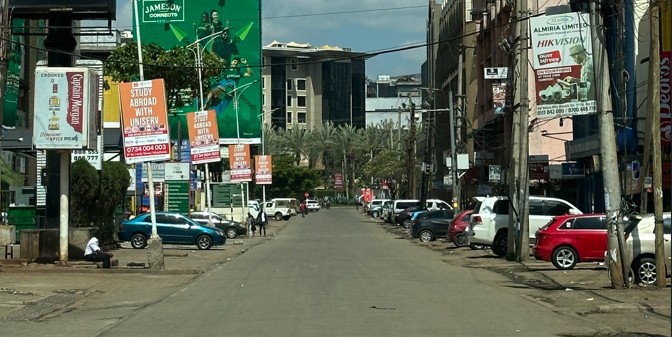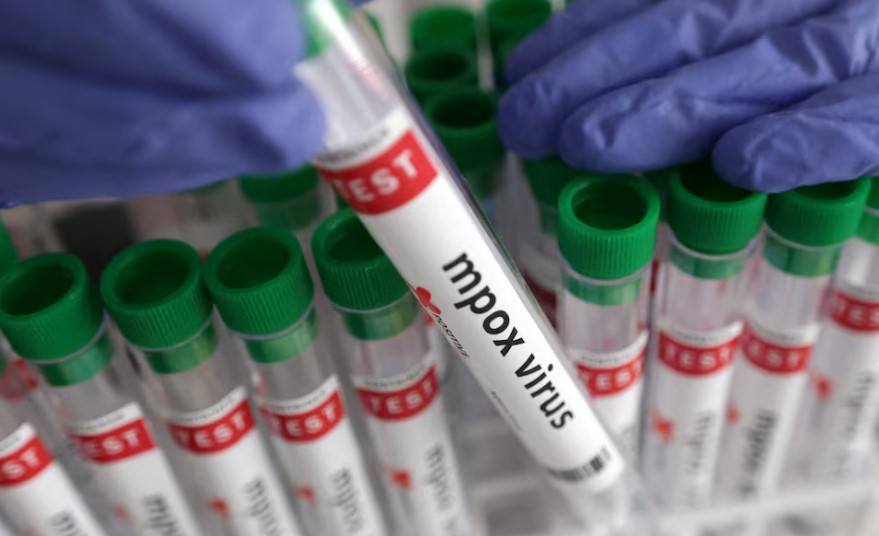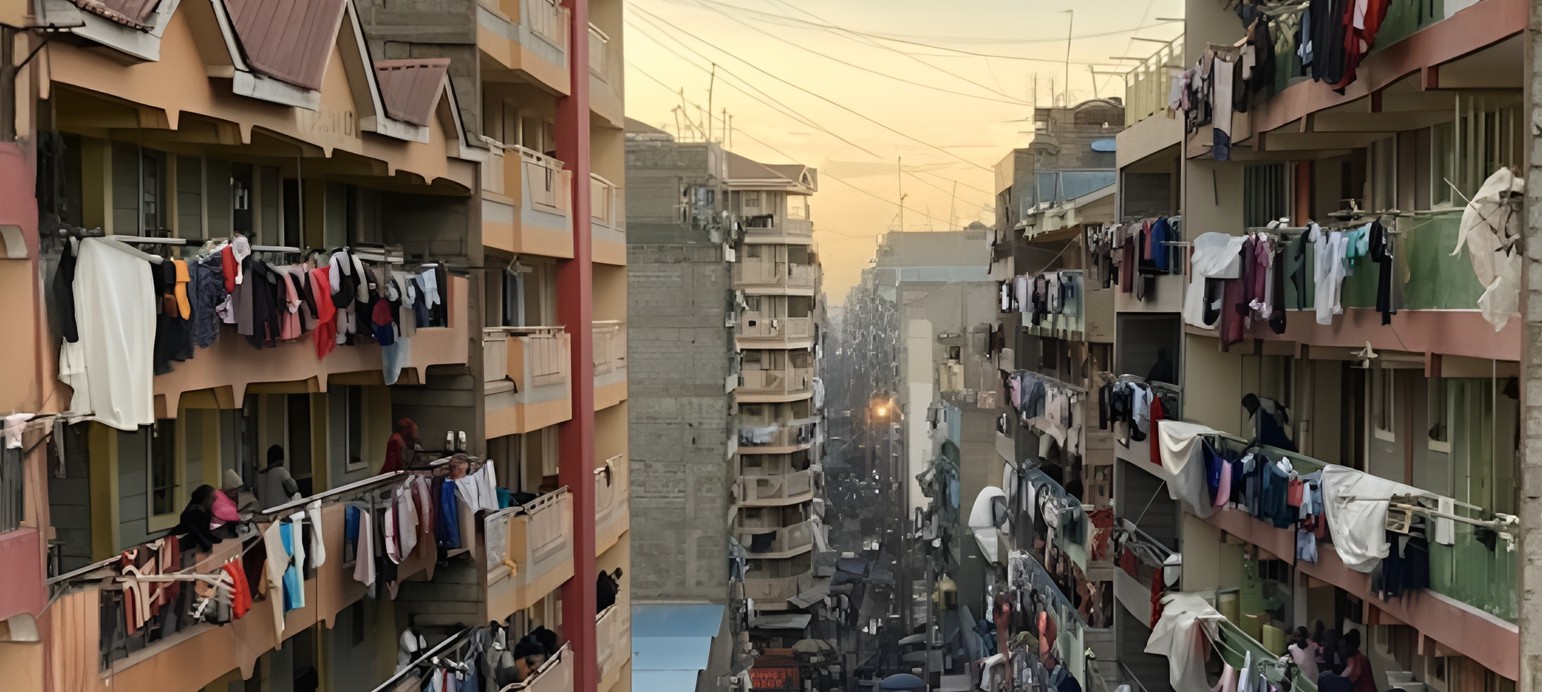Kenya sees sharpest decline in domestic excise revenue since Covid-19 pandemic, says KRA

Data released by the KRA last Thursday shows that collections from domestic excise duty fell by 5.75 per cent to Sh69.39 billion, down from Sh73.62 billion in the previous financial year.
Kenya has recorded its sharpest decline in tax collections from locally produced excisable goods and services since the Covid-19 pandemic, with the beer and tobacco industries bearing the brunt of the downturn.
According to the Kenya Revenue Authority (KRA), excise revenue from domestic manufacturers dropped by Sh4.23 billion in the financial year ending June 2025, largely due to reduced remittances from beer and cigarette firms.
More To Read
- Businesses granted 30-day relief on long-stay container charges at Mombasa port
- Meta to deduct 5 per cent tax on Kenyan creators’ earnings in 2026
- National Treasury says weak revenue, high debt repayments straining Kenya’s budget
- Government shifts cargo clearance to Nairobi, Naivasha in bid to decongest Mombasa Port
- KRA’s official X account hacked, public warned against fraudulent posts
- Study finds Covid-19 infection during pregnancy may affect child brain development
Data released by the KRA last Thursday shows that collections from domestic excise duty fell by 5.75 per cent to Sh69.39 billion, down from Sh73.62 billion in the previous financial year.
This marks the first decline in domestic excise collections since the 2019/20 fiscal year, when Covid-19 restrictions led to a 6.39 per cent drop to Sh55.94 billion.
The domestic excise tax is imposed on a variety of goods and services, including beer, spirits, wine, cigarettes, mineral water, juice, cosmetics, soft drinks, airtime, internet, and loan processing fees.
The KRA confirmed that revenue from the production and sale of beer and cigarettes suffered the most significant losses in the year to June 2025.
“The performance is attributed to a decline of revenue remittance from manufacturers of beer and tobacco products by 13.9 per cent and 8.9 per cent, respectively. KRA continues to enhance compliance measures in the sector,” KRA Commissioner-General Humphrey Wattanga said.
The revenue collected fell short of the revised target of Sh71.38 billion by 2.80 per cent.
Excise stamps
The KRA’s latest disclosures come in the wake of a report by Auditor-General Nancy Gathungu earlier this year, which revealed that the authority could not account for 9,686,358 excise stamps in the financial year ended June 2024.
“However, no evidence was provided on the type of stamps lost, when the stamps were lost, and investigations on the circumstances leading to their loss,” Gathungu said in her report to Parliament.
The findings have sparked fears of widespread tax evasion and a surge in counterfeit products, including alcohol, cigarettes, soft drinks, and cosmetics.
Concerns over fake excise stamps and revenue leakages were first raised by President William Ruto shortly after assuming office in September 2022. He cited intelligence reports alleging collusion between corrupt Kenya Revenue Authority (KRA) officials and dishonest traders to produce counterfeit excise stamps, resulting in billions of shillings in lost revenue annually.
The President also questioned why Kenya, despite having a larger economy, was issuing significantly fewer excise stamps than its regional peers.
“It is unacceptable that Kenya is selling a measly 2.9 billion excise stamps annually compared with Tanzania’s seven billion and Uganda’s nine billion despite the two economies being smaller than Kenya’s,” Ruto said on October 28, 2022.
He pointed out that Kenya’s actual stamp sales were less than a third of its potential, estimated at between 10 billion and 12 billion stamps annually.
“There are people who are selling the balance, which is approximately seven billion stamps,” President Ruto said.
Top Stories Today

















































